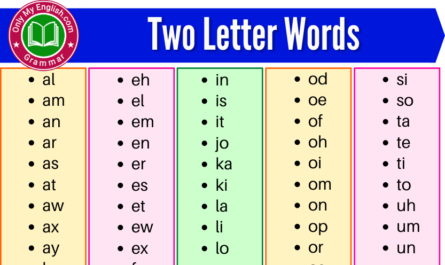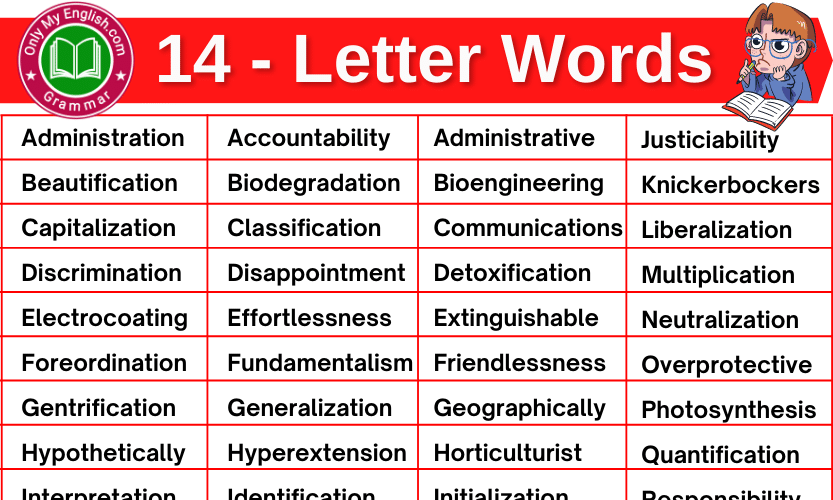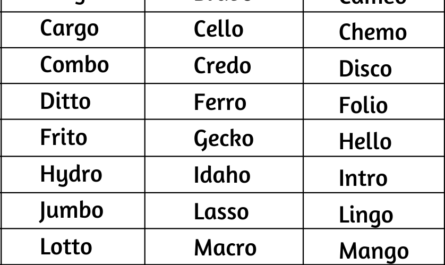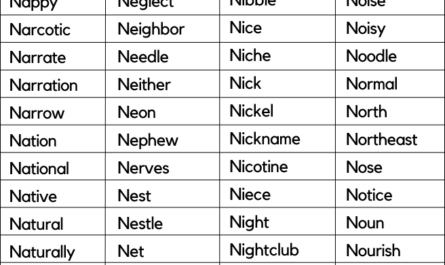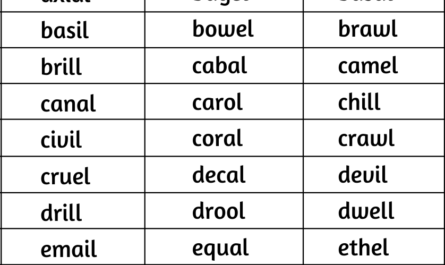Phrasal verbs are special word combinations that help us speak English naturally. A phrasal verb is made by combining a verb with another word. One very common verb is “let.”
The verb “let” can be used in many ways. When we combine it with other words, it creates new meanings. For example, “let in” means to allow someone to enter. “Let out” can mean to allow someone to leave or make clothes bigger. “Let down” means to disappoint someone. “Let off” means not to punish someone.
In this article, we will learn phrasal verbs with “let”. We will also see simple sentences to understand them easily.
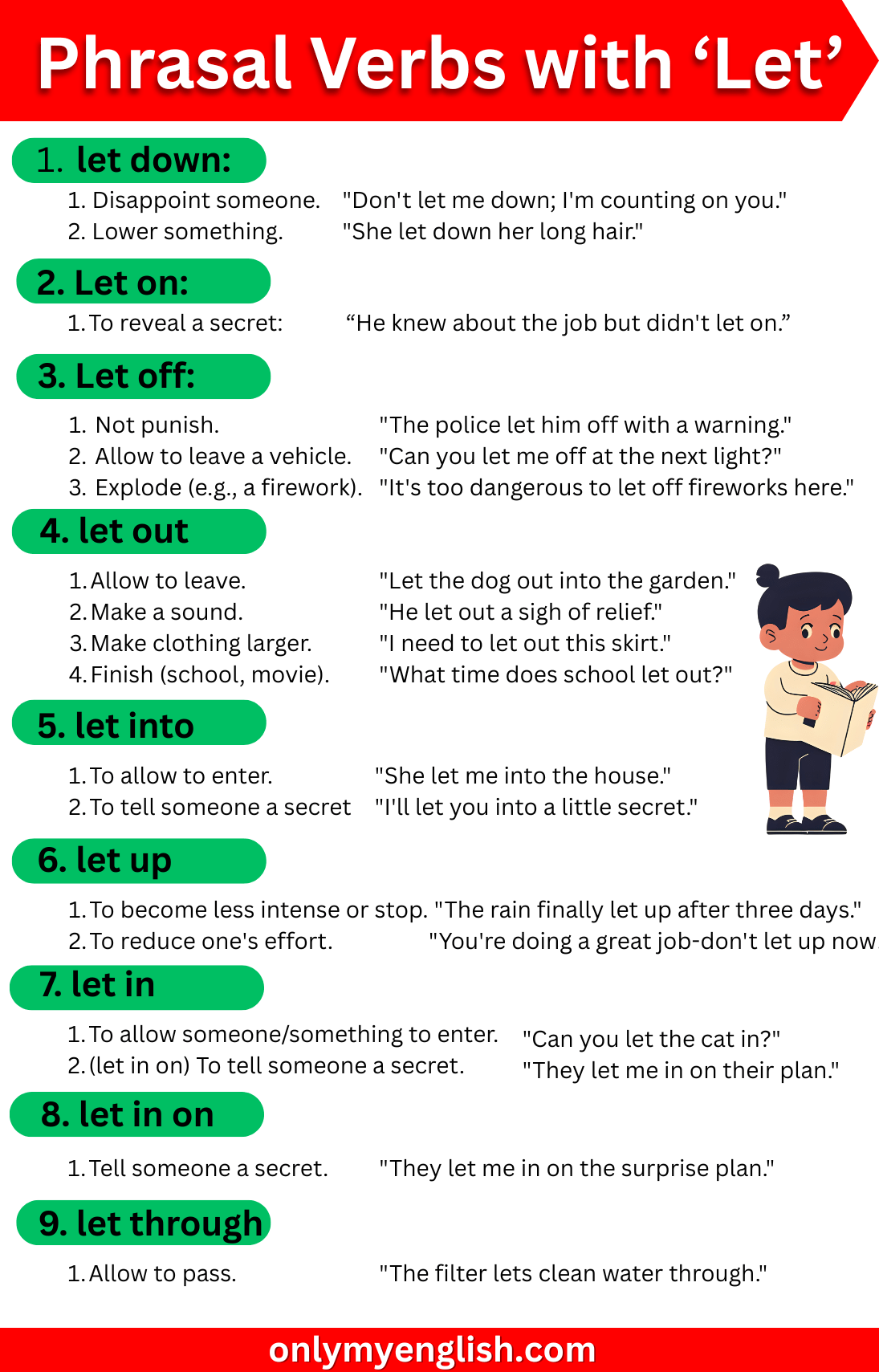
Learn Phrasal Verbs with ‘Let’
- Let down:
- To disappoint someone: The teacher let the students down by canceling the class trip.
- To lower something: I let down the window to get some fresh air inside.
- Let on:
- To reveal a secret: She knows the truth but she won’t let on.
- Let in:
- To allow someone/something to enter: She opened the door to let in the guests.
- (let in on) To tell someone a secret: He let me in on his business idea.
- Let off:
- To not punish someone: The police let him off with just a warning
- To allow someone to leave a vehicle: The bus driver let me off at the next stop.
- To explode/fire something (e.g., a firework, gun): The children are letting off fireworks.
- Let up:
- To become less intense or stop: The rain finally let up after three days.
- To stop doing something: He never lets up on criticizing his team.
- Let into:
- To allow to enter: She let me into the house.
- To tell someone a secret: He let me into his plans for starting a new business.
- Let through:
- To allow someone or something to pass: The guard let us through the gate after checking our passes.
- Let out:
- To allow someone/something to leave: She let the dog out into the garden.
- To make a sound: The baby let out a loud cry.
- To make a piece of clothing larger: He had his trousers let out because they were too tight.
- To finish (for school, a meeting, etc.): School usually lets out at 3:30 in the afternoon.
- Let pass:
- To allow, ignore, or overlook: he guard let the tourists pass after checking their tickets.
- Let by:
- Allow to pass: The policeman let the car by without stopping it.
Less Common / More Specific Phrasal Verbs
- Let out to:
- To rent property to someone: They let their apartment out to students.
- Let slip:
- Accidentally reveal (a secret or information): He let slip that they are planning a surprise party.
- let yourself go
- To stop taking care of your appearance: Since he retired, he’s really let himself go.”
- Let over:
- Something remaining / left behind: Only a few coins were let over after paying the bill.
- Something remaining / left behind: Only a few coins were let over after paying the bill.
